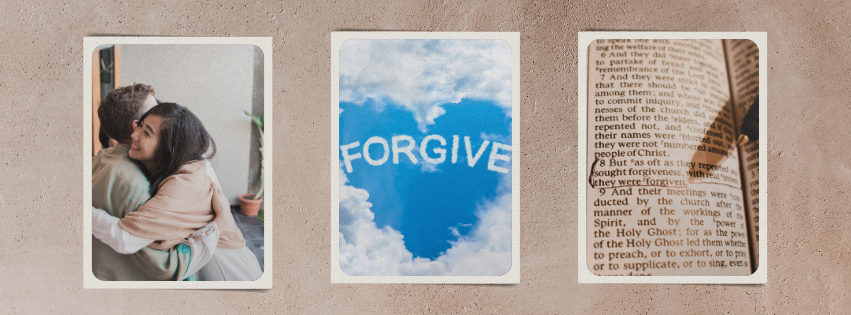
Should I Forgive Those Who Hurt me? A Christian View
Share
There is a Japanese series called Beyond the Bar (Season 1, Episode 9: The Right to Life). In it, one of the attorneys makes a statement that stopped me in my tracks:
“Humans have a right to live life. Yes, I believe that. But that right is determined by the marks we leave on the lives of others. If those marks are only suffering and despair, then that person loses their right to life. And if someone who has lost that right dies, their death is no longer a tragedy—it simply becomes another piece that keeps the world in balance.”
It’s a chilling thought, isn’t it? At first, it almost feels logical. After all, how do you mourn someone who only brought pain? But as I sat with those words, I realized how different they are from the way God views life. From a faith perspective, our right to live is never earned—it’s given.
If it depended only on the marks we’ve left, none of us would be worthy, because we’ve all left traces of hurt, failure, and sin. Yet God, in His mercy, sees beyond the harm to the possibility of redemption. Think of Saul, who persecuted and terrorized the early church. By the measure of that quote, he had lost the right to life. Yet God didn’t remove him for “balance.” Instead, God met him with grace, transformed him into Paul, and through him left marks of encouragement, wisdom, and faith that still bless us today.
That’s the hope of the gospel: that no life is beyond redemption. Even those who have caused great harm—who have left trails of suffering and despair—are still accountable for their actions. We mourn those who were hurt, and justice in the world is necessary. The pain they caused is real, and it cannot be erased.
Yet, the Bible teaches that spiritual redemption is still possible, even for the gravest sins. If someone who has caused harm truly repents, turns their heart to God, and sincerely says they are sorry, they can be forgiven. Their soul can be restored, even if the earthly consequences of their actions remain. Think of the thief on the cross beside Jesus (Luke 23:39–43). He had lived a life of wrongdoing, yet because he recognized his sin, turned to God, and expressed repentance in his final moments, Jesus assured him of Paradise.
Redemption doesn’t erase the damage but restores our relationship with God; the gospel declares that life is neither earned by deeds nor lost by failures, for God’s mercy is greater than our sin, and He offers restoration where despair seemed complete—“while we were still sinners, Christ died for us” (Romans 5:8).
Closing Prayer:
Heavenly Father, we come to You with heavy hearts for those who have suffered because of the actions of others. We mourn the pain, the loss, and the injustice that cannot be undone, yet we trust Your redemption. Bring justice where it’s due, healing to the broken, and mercy to the repentant. Help us to trust that even in the darkest moments, Your grace can restore what seems lost. May we be instruments of Your peace, and may Your love remind us that every life holds value in Your eyes. In Jesus’ name, Amen.
